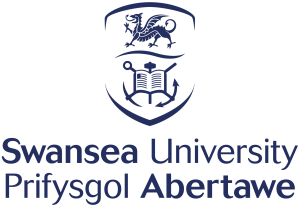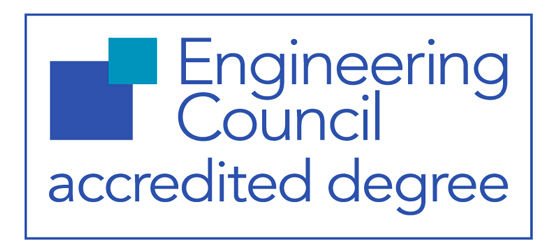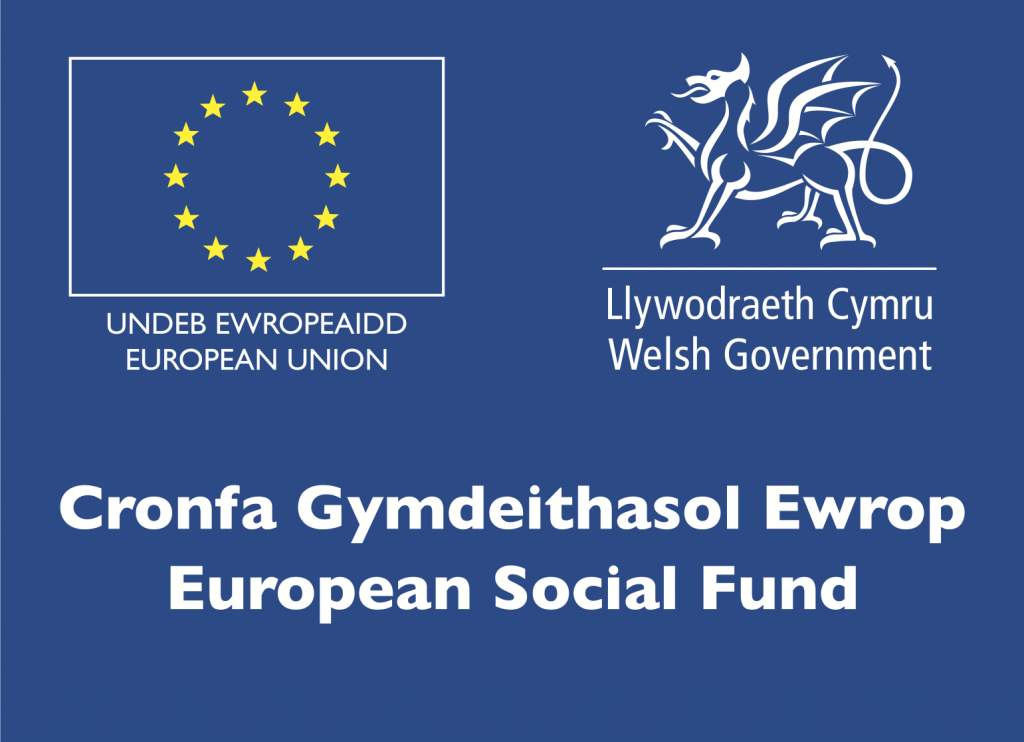By Robbie Sutton.
The 1st Conference on Sustainable Energy Technologies (SET) was held back in 2002 in Portugal. Since its inception, it has been an annual and widely international affair, with host locations ranging from China and Canada, through to Italy and Germany, just to name a few locations. SET is considered a multi-disciplinary, peer-reviewed international conference on sustainable energy technologies.
I first attended the SET conference in 2015 (the 14th occurrence of the conference) held in Nottingham, and found it lived up to its high reputation, with the topics discussed ranging emerging technologies, storage and conversion, sustainable cities and environment through the policy and management.
This year, the 15th International Conference on Sustainable Energy Technologies (SET2016) was hosted by the National University of Singapore in late July. Myself and post-doctoral researcher Rachel Woods were both accepted to present our work at this conference.
Due to the large number of delegates presenting (approx. 260), the presentation program was split into 5 parallel sessions, which made it hard to attend as many talks as we would have liked to. My talk was scheduled in the ‘Energy Storage and Conversion’ session, where alongside my talk on thermochemical storage involving the use of chemical salts, other presentations included a performance evaluation of a small hybrid solar-biogas power and heating system, performance of a thermal vapor compressor and analysis of novel PCMs. The talk went down very well, followed by some interesting and probing discussions with both members of academia and industry.
Rachel presented in the ‘Sustainable cities and environment’ session, which held a much wider range of topics, such as; emission reduction from public transport, lifecycle assessment of food waste treatments, development of heat insulation solar glass, and Rachel’s own talk on photocatalytic coatings for wastewater treatments.
Alongside the delegate presentations were several highly engaging and interesting keynote presentations on topics including energy storage systems, urban development, smart energy solutions and biodiesel, along with a keynote panel discussion on energy policy and technologies, a very relevant topic, with the 2020 and 2030 legislative demands ever looming.
The conference also included an excursion to Singapore’s world famous ‘Gardens by the Bay’; a park covering over 100 hectares of land, showcasing the best of tropical horticulture and garden artistry, within the flower dome and cloud forest (which houses the world’s largest indoor waterfall), along with the outdoor gardens.
The gala dinner was held in Rasa Sentosa hotel on Resorts World Sentosa; a man-made resort island. The views from the hotel were fantastic. The dinner itself was ‘foodies’ dream; being a magnificent 8 course Asian banquet, highlighting a huge range of Asian dishes and delicacies. The culmination of the evening was being presented with the ‘Best Paper Award’ for the conference, selected out of the 260 papers, by a judging committee. The award was presented by Professor Saffa Riffat, the founder of SET and the president of WSSET (World Society of Sustainable Energy Technologies).
In addition to the award, attending this conference was hugely beneficial, both in terms of discovering areas of research being undertaken elsewhere, but also for developing and expanding my contact network.
And of course, no trip to Singapore is complete without a World famous Singapore Sling at Raffles hotel (the place it was invented). Surely that’s an exception for expenses?





